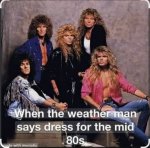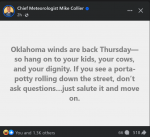I found a copy of the email I sent to one of the teams I worked with.
To:You
Cc:Translation
Tue 10/8/2024 10:39 AM
Good day, Michael
I will do my best to answer your question regarding the word translation of “Penetanguishene”.
My objective view of this word as a fluent Ojibwe speaker and translator says, that this word is two words put together. “Penetang” would be the first word which describes, ” a place you come too” and the second word attached is “guishene” which root words are of that of “dagoshin” which translates, “to arrive” or more specifically the goshin suffix says it faces the sunset direction in the West as one sees night fall. So, the combined compound translation to me would mean, “at this place you come to arrive”. So, essentially, it is a word that describes a statement to all, “that this is the place where one comes to arrive like a port or point of entry, ideally at the time of sunset”.
This is the best I can tell you as our language has layers of hidden descriptions within it to describe places in a verb-based way. The online version translation likely is correct that it cites the location English description from the writer’s observation of a “place of the white rolling sands” in the view of cited author to the location of the word Penetanguishene.
I must point out that there is no word, “white(Waabishkaa)” or “sand(ginoodaawangaa)” or the word for “rolling” in this whole word of Penetanguishene. The only part I feel they got correct partially is the Penetang translation of “a place”, which is still not , “at this place you come too”.
I hope this assist’s you in the transition as the Abenaki, Algonquin and Ojibwe languages are almost identical in language as dialects never started happened in till much later in the 19th century so essentially this translations I am giving you is likely the correct one with the indigenous world view.
Thank you,
I got the translation from
https://www.nationstranslation.com/indigenous-languages







